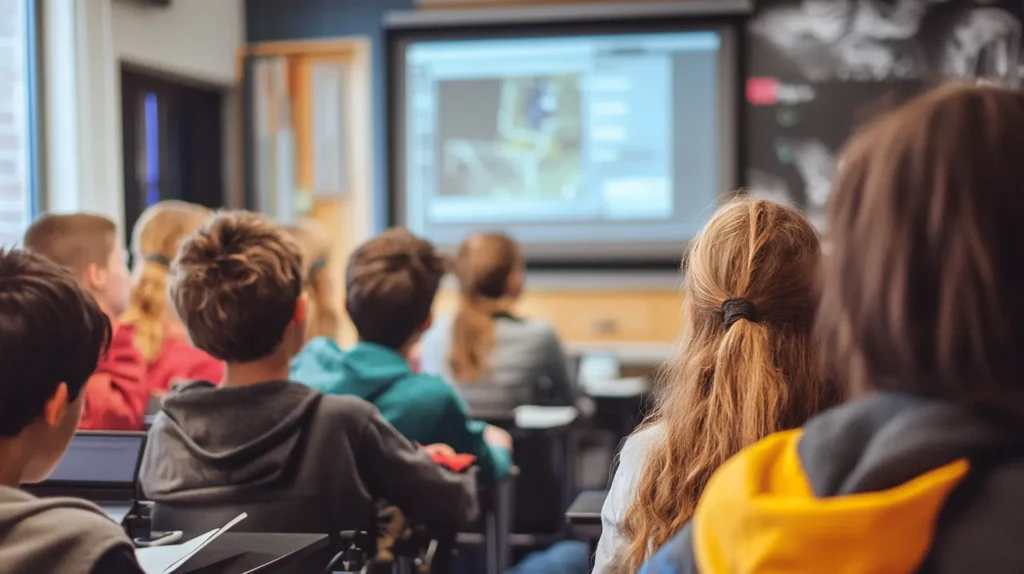Search

Developing 21st-Century Skills through AI
In today’s fast-changing world, it’s not enough for students to just memorize facts — we need to think critically, solve problems, and adapt quickly. That’s where Artificial Intelligence (AI) steps in, helping high school students build the skills needed for the 21st century.
What Are 21st-Century Skills?
These are the abilities that prepare students for the future — not just for exams, but for real life. They include:
-
Critical thinking and problem-solving
-
Creativity and innovation
-
Communication and collaboration
-
Digital literacy
-
Ethical decision-making
AI doesn’t just teach content — it helps you practice these skills every day.
How AI Helps Build These Skills
1. Critical Thinking through AI Tools
AI-powered platforms like chatbots or virtual labs challenge students to analyze information, test ideas, and make decisions.
Example: In science class, AI simulations allow you to experiment with virtual chemistry reactions and see results instantly — helping you understand why something happens, not just what happens.
2. Creativity and Innovation
AI tools like ChatGPT, Canva AI, or DALL·E allow students to create art, stories, designs, and projects using imagination and technology together.
This encourages you to think outside the box and turn creative ideas into real outcomes.
3. Collaboration and Communication
AI-powered platforms can match students for group projects or virtual discussions based on their interests or skill levels.
You learn how to work in teams, share ideas, and communicate effectively — key skills for university and careers.
4. Digital and AI Literacy
Learning how AI works is now as important as learning how to use a computer.
Students who understand how algorithms, data, and automation function are better prepared for jobs that don’t even exist yet!
5. Ethical and Responsible Use
AI also teaches responsibility — knowing when and how to use it.
Schools encourage students to use AI ethically, respecting honesty, privacy, and fairness.

 2023-05-26
2023-05-26



